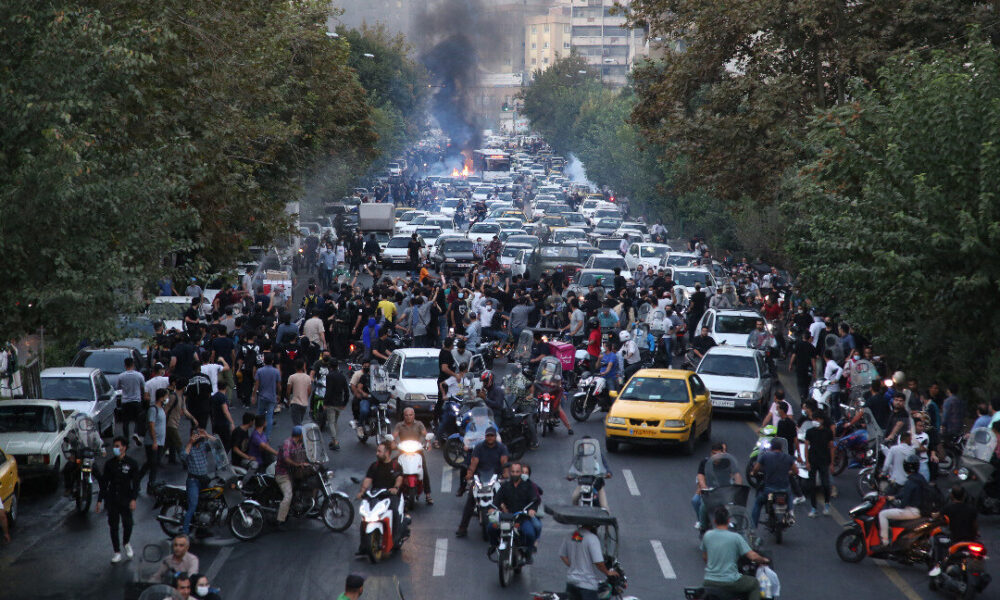Content Warning: Mention of hate speech and violence
Several students launched a petition on Sept. 24 after a tweet allegedly posted by McGill PhD student and course lecturer Soroosh Shahriari garnered immediate backlash. The tweet, which was written in Persian and has since been taken down, translates to “How good and heartwarming it will be to experience the execution of hundreds of Mojahedin leaders arrested in the recent riots. Oh God, it is sweet!”
Protests have erupted in Iran and around the world against the Islamic regime following the death of Jina (Mahsa) Amini, who was detained and beaten by Iran’s ‘morality’ police forces for ‘improperly’ adhering to Iran’s mandatory hijab laws.
The petition has now garnered over 23,000 signatures and demands that McGill investigate the identity of the user who posted it and calls for the university to take adequate disciplinary measures.
Ryan*, who helped launch the petition, found the content of the tweet to be distressing. Ryan believes the tweet, along with other posts by Shahriari’s alleged account, violates principles of free expression and raises concerns about public safety for both Iranians and Canadians.
“This individual not only openly backs up the Islamic Republic of Iran in killing its own people but calls the demonstrators ‘rebels,’ ‘beast,’ ‘leech,’ and ‘[Mojahedin] members’ and consequently hopes for their mass execution,” Ryan wrote in an email to The McGill Tribune. “He […] hopes for the protestors’ mass execution and finds this ‘sweet.’ We believe this shows that this person is radical, and we find this extremely disturbing.”
The petition states that the tweet violates section 319(1) of the criminal code of Canada, as it uses hate speech to target an identifiable group. Víctor Muñiz-Fraticelli, associate professor of law and political science at McGill, explained that these claims are difficult to prove and that it is unlikely sec. 319(1) will apply.
“Sec. 319(1) requires that the statement be ‘likely to lead to a breach of the peace.’ Whether this applies only domestically or also internationally might be relevant, as might also be the causal effect that the statement may have on the actions of the Iranian government,” Muñiz-Fraticelli wrote. “The section requires a likelihood of a causal link which may be difficult to prove.”
Muñiz-Fraticelli further acknowledged that academic freedom can protect individuals against disciplinary action in these circumstances.
“The university community may also consider this inappropriate, although the protections of academic freedom applicable not only to professors but to other scholars would presumably shield the speaker from direct reprimand.”
McGill media relations officer Frédérique Mazerolle stated that the university is aware of the petition and the claims against Shahriari.
“We are looking into the matter very closely and we have reached out directly to Iranian students at McGill to offer support at this difficult time,” Mazerolle wrote in an email to the Tribune. “We encourage all students, whether Iranian or not, who require support to seek out the resources available at McGill.”
On Sept. 30, Fabrice Labeau and Angela Campbell, co-acting Provosts and Vice-Principals (Academic), sent out a university-wide email addressing the tweet. They condemned the message while reminding the McGill community to consider that freedom of expression provides “wide protection.”
Shahriari declined the Tribune’s request for comment on the allegations.
*Ryan’s name has been changed to preserve their anonymity.









